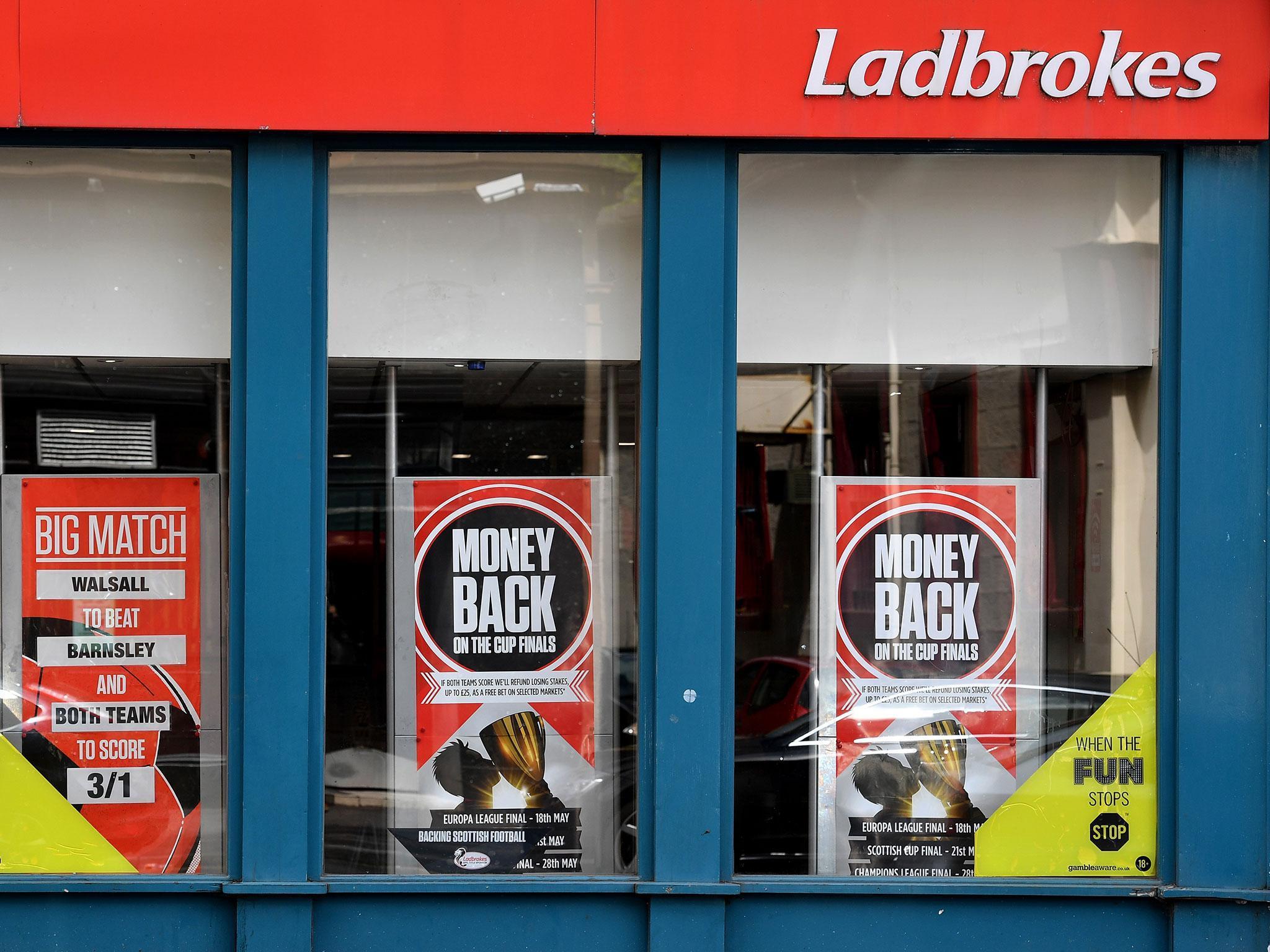EU Referendum: How the bookies got it so wrong over Brexit
Bookies made Remain the odds-on favourite. Vote Leave won.

They made Remain the odds-on favourites for the EU Referendum. They claimed their odds were better indicators than polls that were veering all over the place.
They were wrong – and now one bookmaker has explained why.
When The Independent spoke to him earlier this week, Matthew Shaddick, head of political betting at Ladbrokes, had seemed the least confident of all the bookies.
He said the betting markets were overconfident of Remain’s chances – although he still made Remain the odds-on favourite, as he had done since February when David Cameron announced the date of the referendum and the average of opinion polls suggested it was too close to call.
Now, in a blog posted hours after the Brexit victory, Mr Shaddick has explained – as in fairness he had done earlier to The Independent – that bookies weren’t there to predict the outcome of an event.
They just had to do their best to make money. Or as Mr Shaddick wrote in his blog post: “The truth is that bookies do not offer markets on political events to help people forecast the results. We do it to turn a profit (or at least not lose too much).”
So if most of the cash went on Remain, as it did, bookies would have to follow the money and make Remain the favourites.
Which meant that what Mr Shaddick called “The supposed helpful side effect of these markets, their potential to help understand the probabilities of the various outcomes,” was just that – a side effect, and the not main aim of the odds set.
Ahead of voters going to the polls, all the bookies warned that favourites sometimes lose. (They might be more likely to win, but their victory could not be guaranteed.)
And the bookies all agreed that while three-quarters of the £40 million eventually gambled on the referendum was placed on Remain, when it came to counting individual flutters, bets on Leave far outnumbered punts on staying in the EU.
But Mr Shaddick admitted the predictive power of the bookies’ referendum odds: “Will no doubt be heavily criticised, understandably.”
“I see no evidence that the betting was deliberately “manipulated” by big money,” he insisted.
But as he had earlier explained to The Independent, one problem with betting was the vast amount of wishful thinking that went on. And in this contest, he said: “I think there’s something to be considered in the fact that the most affluent sections of society were generally behind Remain.
“Maybe there just aren’t enough dispassionate investors out there to correct that possible bias, even in a multi-million pound market like the EU Referendum.”
Talking to The Independent before Thursday, Mr Shaddick also warned that Gamblers were unrepresentative of the electorate as a whole because they were more likely to be men.
“Unfortunately, (or perhaps not),” he wrote in his post-referendum blog, “We can’t run this vote multiple times to test whether the probability estimates were even close. Neither do we have enough evidence from different elections to be confident – the era of big, liquid multi-million pound political betting markets is a relatively new one.”
Mr Shaddick, however, did insist that he hadn’t lost all faith in the power of bookies’ odds to help predict outcomes of political and sporting events – even after the EU referendum and 5,000-1 outsiders Leicester City winning football’s Premier League.
He insisted: “Even the 2015 general election odds had something to be said for them; the betting gave the Tories an 80 per cent chance of being the largest party even as the polls anticipated a dead heat.
“Is this just one of the inevitable, normal occasions where an outsider wins, or a fatal blow to the idea of betting markets as being a useful forecasting tool?
“Maybe unsurprisingly, I tend to think the former, but that doesn’t mean we don’t have to reflect on all of their potential flaws and decide how we best interpret them in the future.”
None of which is likely to be of much comfort to the central London woman who went into a bookies and placed her first ever bet by putting £100,000 on Remain – in the soon to be dashed hope of winning £40,000.
Nor is the unlucky lady likely to be soothed by Mr Shaddick’s admission that when it came to Ladbrokes’ profit margin: “This vote worked out very well for us.
“Nobody at Ladbrokes’ HQ will be criticising the predictive powers of our odds, they’ll be looking at the money we made.”
Join our commenting forum
Join thought-provoking conversations, follow other Independent readers and see their replies
Comments
Bookmark popover
Removed from bookmarks